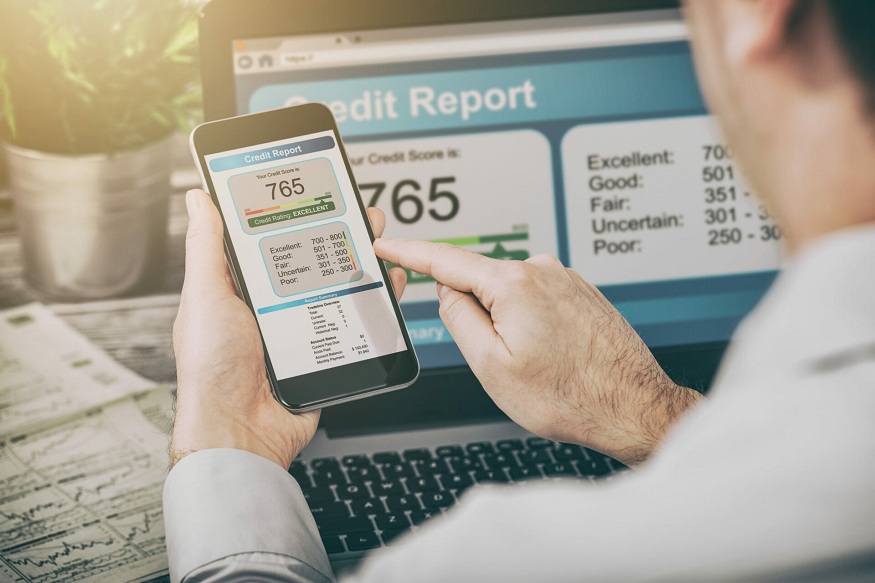
CIBIL Score vs Credit Report: What’s the Difference?
If you’re applying for a loan or credit card, you’ve probably come across the terms cibil score and credit report. While many people use these words interchangeably, they’re not the same. Understanding the difference between your cibil score and your credit report can help you make smarter financial decisions and avoid surprises during a loan application.
Here’s everything you need to know about how your cibil score calculator connects to your credit report, and why both are important for your financial health.
What Is a Credit Report?
A credit report is a detailed record of your entire credit history. It includes information such as:
- Personal details (name, PAN, date of birth)
- All open and closed loan accounts
- Credit card limits and balances
- Repayment history with any missed or late payments
- Current outstanding dues
- Past loan applications and inquiries
When you use a cibil score calculator, it gives you your score, but the credit report provides the full context behind that number. The report helps lenders evaluate whether you’re managing credit responsibly.
Key Differences Between CIBIL Score and Credit Report
- Format and Content
A cibil score is a single number. In contrast, a credit report is a detailed document with multiple sections covering personal, account, and payment information. - Purpose
The cibil score gives lenders a quick snapshot of your credit risk. The credit report offers an in-depth look into your financial behaviour, allowing them to see patterns like consistent late payments or frequent loan applications. - Updates
Your cibil score updates each time lenders send new data to credit bureaus. Your credit report updates simultaneously but shows historical data, giving a complete view of your borrowing habits. - Usage
Lenders may use only your cibil score for pre-approval or initial screening, but before disbursing a loan, they often review your entire credit report.
Why You Need Both
While your cibil score helps you know where you stand, the credit report helps you understand why you’re at that level. Checking your credit report regularly lets you spot errors like loans you never took or incorrect payment defaults. These mistakes can lower your cibil score, but disputing them can restore your credit health.
Using a reliable cibil score calculator alongside reviewing your credit report helps you stay aware of both your credit rating and the detailed factors affecting it.
How to Check Your CIBIL Score and Credit Report
- Visit the official CIBIL website or use RBI-approved financial websites.
- Use a cibil score calculator by entering your details like name, PAN, and date of birth.
- Complete OTP-based verification.
- Access your latest cibil score and download your credit report for detailed information.
Most websites let you check both your cibil score and report together at no cost once a year, as per RBI guidelines.
Tips to Maintain a Good Score and Report
- Always pay EMIs and credit card bills on time.
- Keep your credit utilisation ratio below 30%.
- Avoid multiple loan or card applications in a short period.
- Regularly check your cibil score and report for errors using a trusted cibil score calculator.
Conclusion
Your cibil score and credit report go hand in hand: one provides a quick summary, while the other tells the whole story. Use an official cibil score calculator and review your report periodically—because knowing where you stand is the first step to building a strong financial future.




